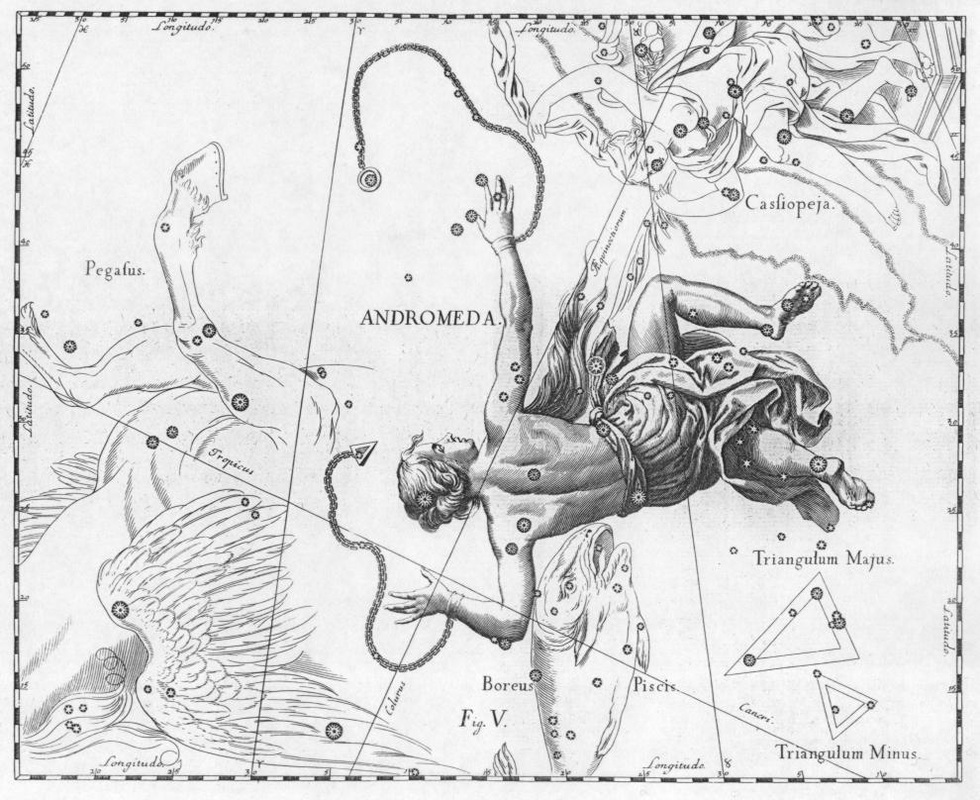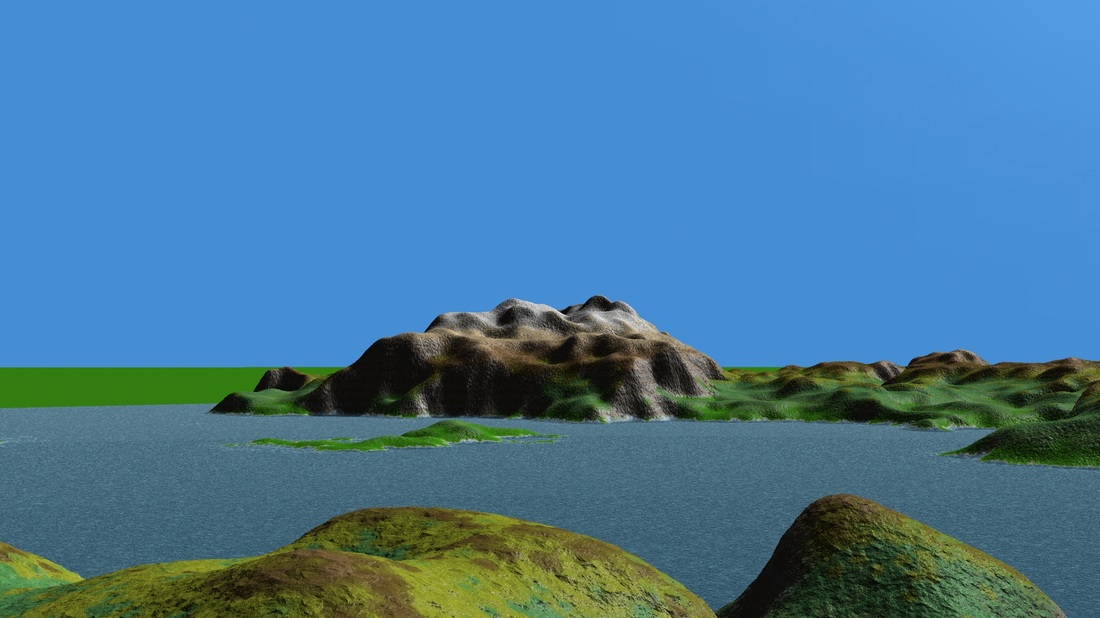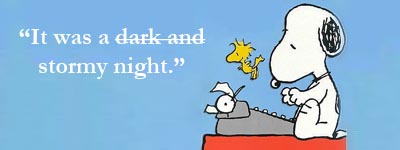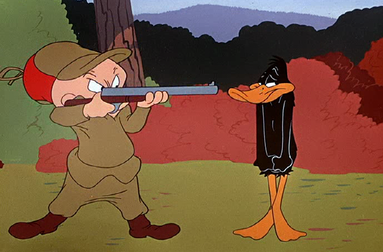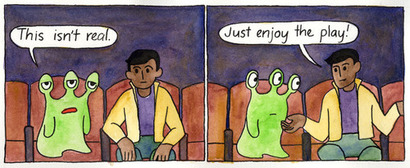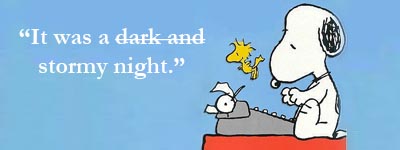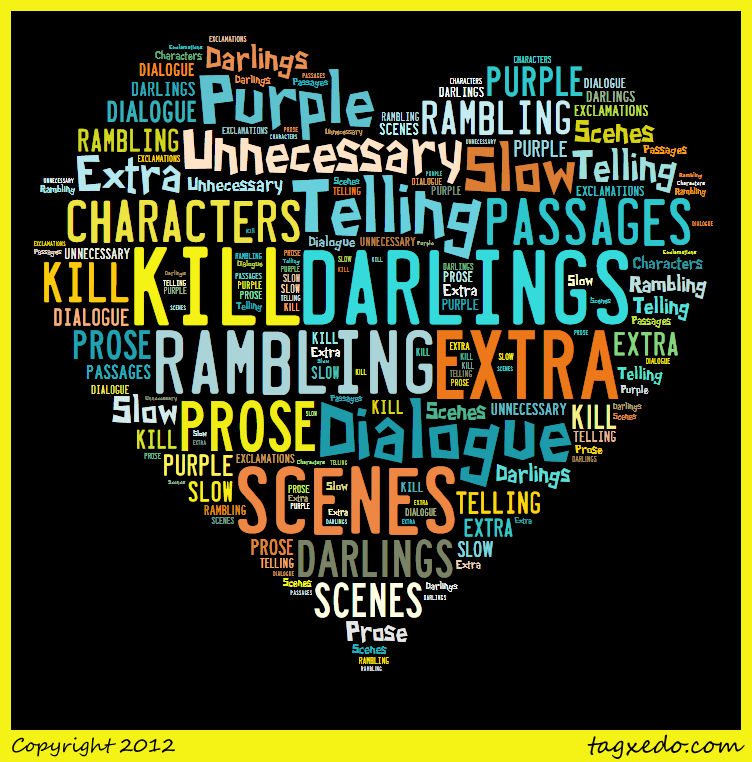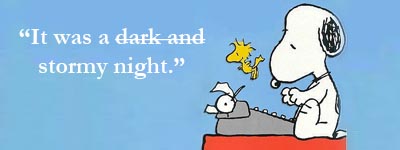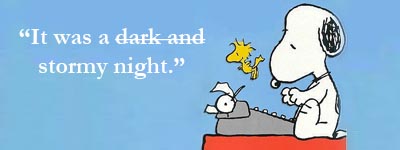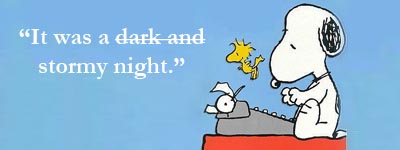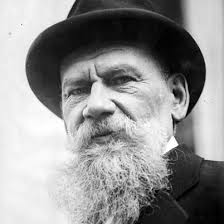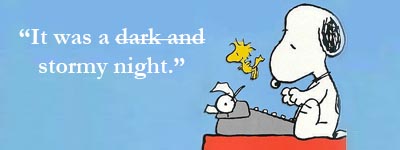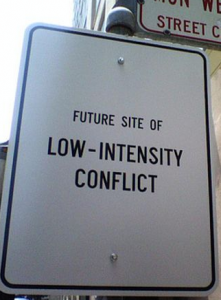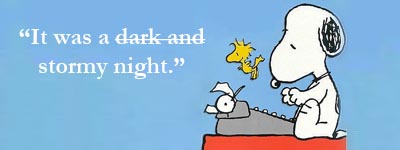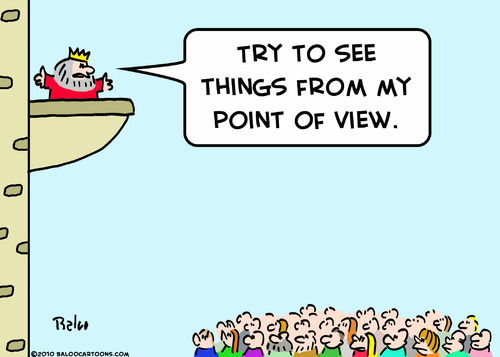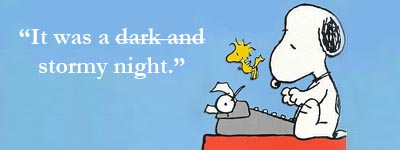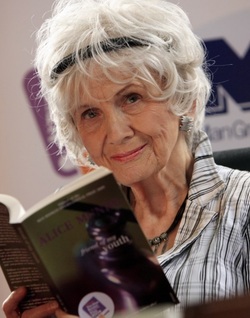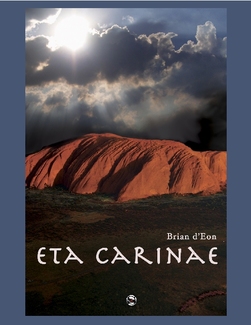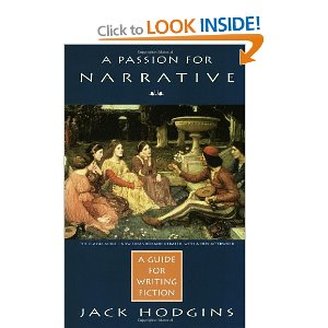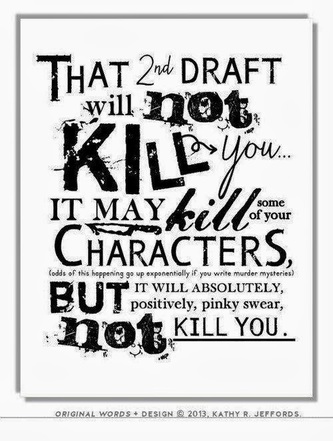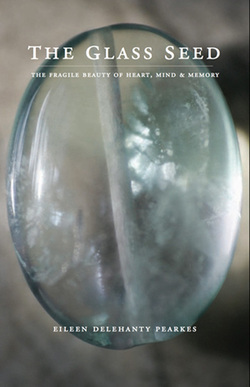After more than a year of writing, the first draft of my novel, The Draper Catalogue, is done. (No one seems to like the title, by the way . . . I'm open to alternate suggestions.)
The genre is a departure for me. This time I've delved into the world of Sci-Fi/ Young Adult. Every part of the plot is driven by imagination--no historical facts to consider at all--well, just a few . . . .
Before starting serious work on the second draft, I would very much like to have some beta-readers have a look, give me their general impressions, what works, what doesn't, what the story still needs . . .
If you have it in your heart to tackle such a project, I would be ever grateful.
Please have a look at the first chapter and see if you're inspired to read more.
Entallay
I've used the landscape rendering program Vista Pro to create my alien landscape, a world of great oceans and multiple mountainous islands. An overhead view is shown above. Below is a view from one of the mountain tops.
